Should You Get Logos For Personal Branding?
We’ve all seen influencers and celebrities thriving on their popularity and fame – making money off of merch, brand endorsements, advertisements, and a whole bunch of different avenues.
Many artists, businesspeople, and talented individuals make more money by having their personalities as their brands than having any other brand personality for their businesses.
Personal branding – a form of marketing that has been on the rise lately – isn’t something new or unique to our technological era.
It has been around in one form or another for as long as trading, craftsmanship, and entertainment have been a part of the civilization – perhaps even longer.
Personal Branding has evolved, and we’ve reached a point where it is no longer as simple as it used to be. Connectivity and population have grown exponentially.
Because of that, different aspects of marketing affect your brand in various ways, and you need many different elements to lay a good foundation for a personal brand.
Many gurus will teach you a myriad of concepts and list down a great number of things as must-haves for your personal brand. It may get to a point where you get overwhelmed and cynical.
Questions like “Do I really need this?” will pop up in your head more often than not. We’re here to address one of such queries.
A personal brand means your face should be enough to identify your brand, doesn’t it? Or should you get a logo for personal branding?
To answer that, you need to understand how personal branding works, different types of personal brands, and the function a logo
or how it can come in handy to a personal brand.
What Is Personal Branding?
In simple words, personal branding means making yourself known as a credible and popular figure in an industry.
While we know it for a fact that personal branding works pretty well for small to medium-sized businesses, there are examples of larger businesses that are based on personal brands too.
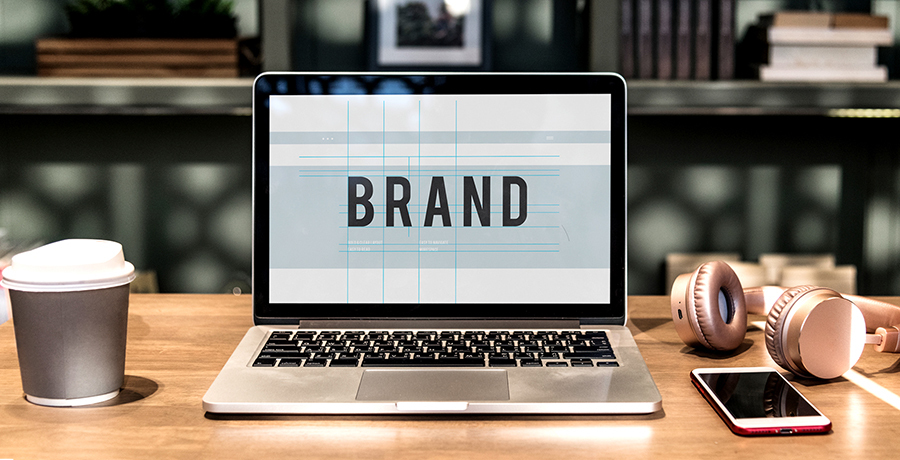
Take NAS Studios for example. He started as a one-man army, now he is the face and owner of a well off business.
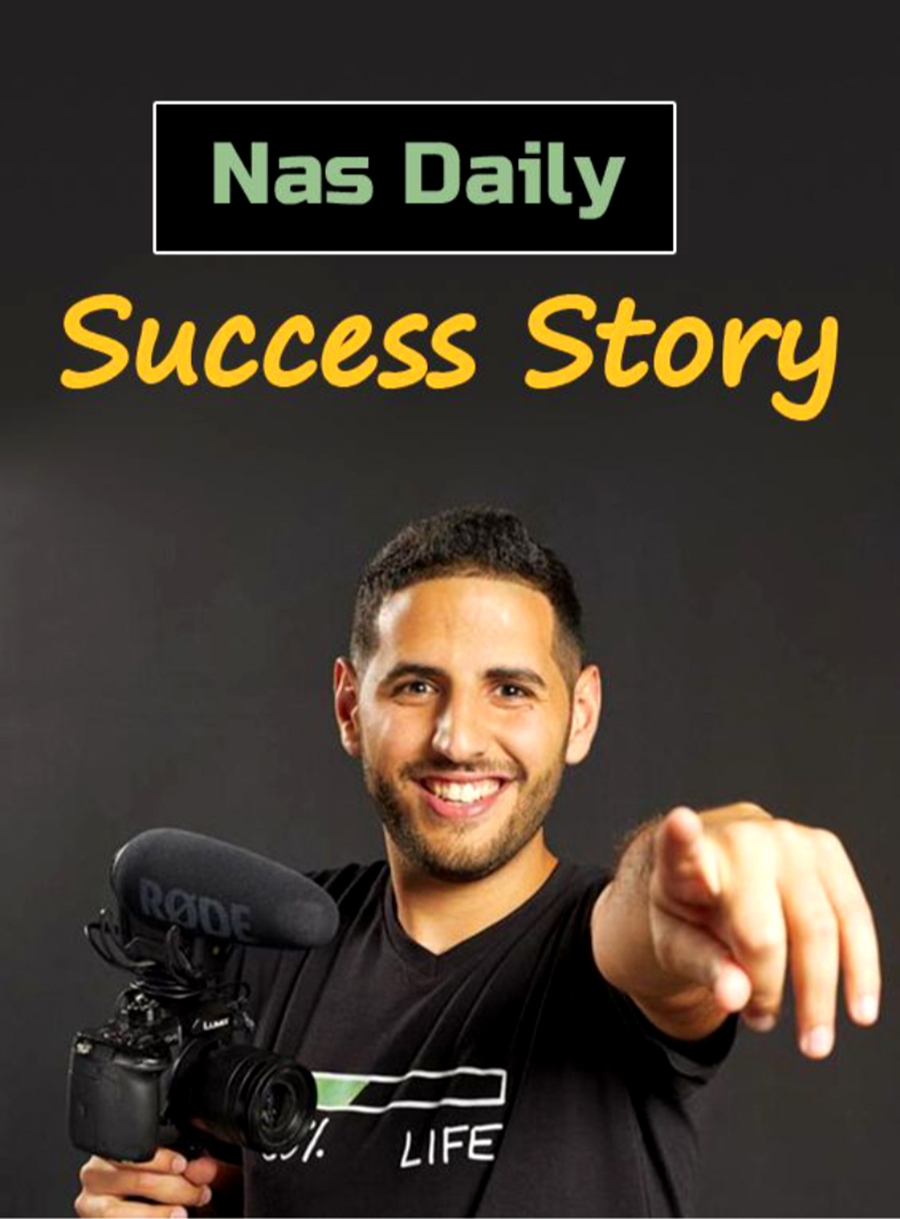
Even the people who don’t know his name will recognize his face and associate the word NAS with him.
NAS is known as one of the leading content creators in the world, and now he has his own academy dedicated to teaching content creation and videography.
Needless to say, people who sign up for his programs do so because they regard him as an industry expert, and have seen his personal brand work wonders.
There are many examples of personal branding in the world around us. Just like every individual person, every personal brand is different and has quirks of its own.
Nonetheless, it has categories. And we’ll jump straight to it.
Types Of Personal Brands
Stating the types of personal brands is by no means an attempt to pigeonhole all personal brands into these specific brand types or keep them in there for life.
Personal branding is complex. There’s always a possibility of a completely new brand type emerging out of nowhere with so many personas involved.
Existing personal brands can also be intricate in the sense that they can be a mixture of many brand types, and evolve from one category into another, grow complex, or get simpler, or even develop a more targeted approach with time.
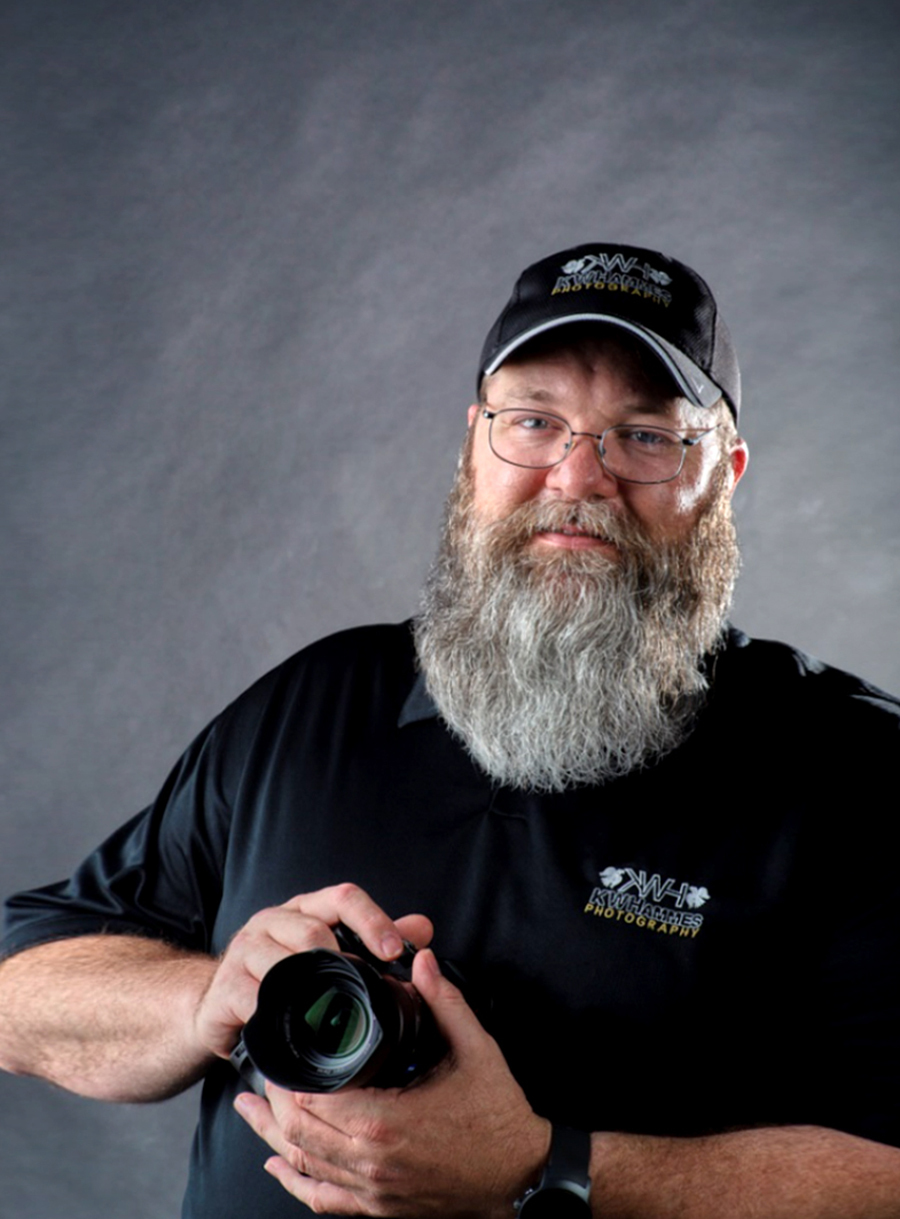
With that cleared out, let’s cut to the chase and discuss some of the most common types of personal brands.
While there are many businesses out there based on personal brands like tutoring, baking, art galleries, photography, writing, handicrafts, and so on, most of the personal brands we interact with are digital influencers, content creators, and curators.
So our conversation will mostly revolve around them, but the knowledge applies to all personal brands. That means even if you’re not a TikTok Star, Youtuber, Thought Leader, or an Instagram model, you’re still included.
Content Creator
Content creators generate their own content, and it is entirely unique most of the time. Their content can be inspired by others but it’s never a copy.
The term is broad and has many implications. Content creators exist in every field and industry. That’s what keeps their industries alive and visible.
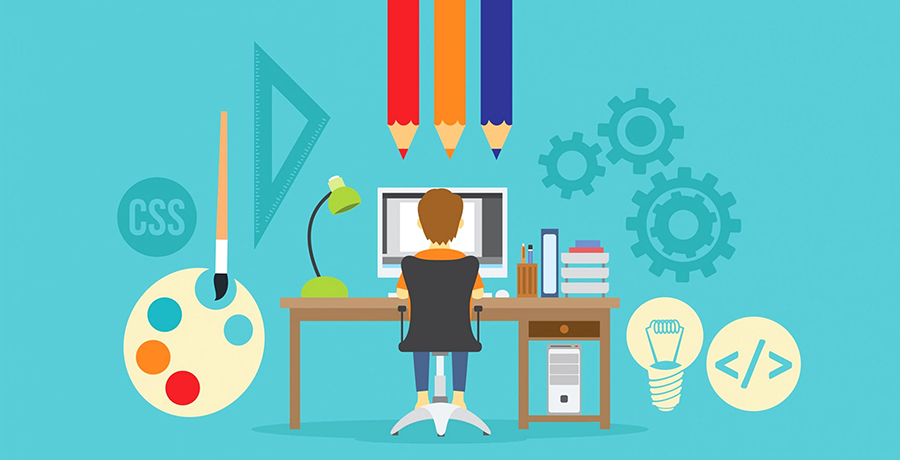
Because content has so many forms and types, content creators are very diverse. Some create visual content – for example, photographers, artists, videographers, graphic designers, et cetera.
Some create written content, for example, content writers, bloggers, creative writers, novelists, scriptwriters, poets, and even historians.
Audio content creators, too, have been around for as long as we can remember. They include singers, musicians, podcasters, storytellers, and even your favorite radio show hosts.
Some content creators go freestyle to mix and match all content types. That means you will see them making all sorts of content – podcasts, blogs, videos, memes, and just about everything.
In today’s world, it is quite easy to put your content out there with your profile. Gaining traction, however, can be easy or hard depending on how you do it and who you target.
Content creators who manage to crack the code by accident or on purpose become famous personal brands that can have temporary or lasting popularity depending on how they use and maintain it.
A curator is an interesting type of personal brand because it doesn’t create its own content rather it thrives off of content coming from others.
It may sound easier a job but make no mistake because a curator has to be as crafty as a content creator if not more to gain traction.
A curator collects and compiles relevant content and presents it to their audience with references to the original creators, often in a new light, for entertainment, or just to engage with their viewers and listeners.

Curators and creators complement each other. Content creators make it possible for curators to do their job, and curators amplify the voices of content creators.
Being a curator means you need to be an expert at secondary research, have an eye for original content, an insatiable desire to keep consuming new content, great presentation skills, and a knack for finding hidden gems of content.
For most of your career as a curator, you will have to pick a niche and stick to it if you want to create a greater and more loyal fan following.
Journalist
Journalists create and curate content. Their main job is to keep people updated and informed about new stuff and shed light on situations or phenomena they think people should know about.

They’re the modern version of a reporter or a news anchor. They collect news, create content around it, often derive conclusions from it, share more related content and events surrounding the main news, and give their two cents on it.
Some are official news people, while others aren’t as formal. The idea is to mix created and curated content, mostly to inform others.
One of the classic examples of a journalist brand could be the YouTuber Baily Sarian who has a knack for telling true crime stories.
Critic
A critic is the kind of personality that takes certain events, content, actions, people, products, cultural practices, or anything in general and reacts to it.
Critics rate things, criticize them, give feedback, and suggestions.
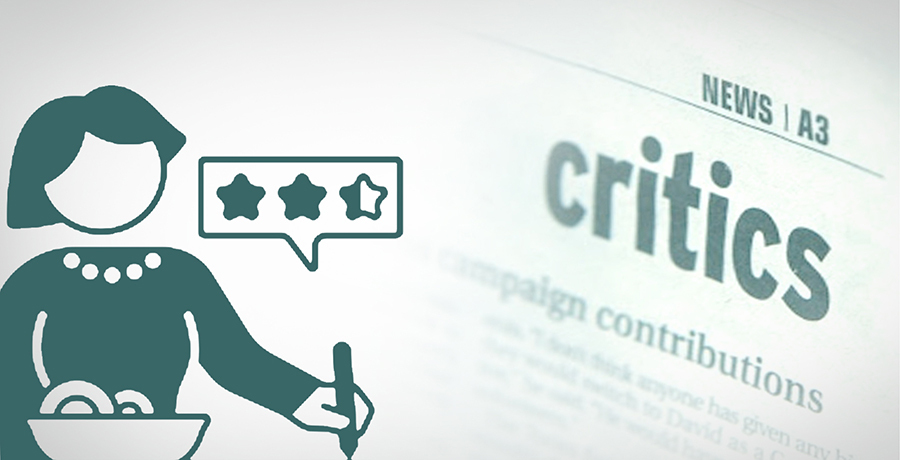
Prime examples of a critic are reviewers, influencers who produce reaction videos, and whistleblowers.
Many of such personal brands aim to make educational or informative contributions to the world through their constructive criticism and feedback, such as Dr. Mike, Robert Welsh, James Welsh, and Brad Mondo, while others do it for entertainment and fun, like AzzyLand and Reaction Time
The whole point of being a critic is to take content, actions, or practices, analyze them, and show your reaction in front of your audience.
Some critics have a reputation for being hard to please, like Gordon Ramsay and Simon Cowell, while others are popular for their unique ways of expressing their opinions and interesting takes.
If you do it well enough, you can make money off of honest and responsible paid reviews, advertisements, and even sell your own products and services.
You may also like: Do you need a huge budget for branding?
Case Study
The case study is by far the most interesting and exciting personal brand type I’ve come across, so buckle up because this one’s going to be a long one.
In the case study type of personal branding, a person experiments with and tries out different things to share the results with their audience.
Alongside that, they reveal what inspired them to try it out, comment on the whole process, conclude the final outcome, and share their thoughts about it.
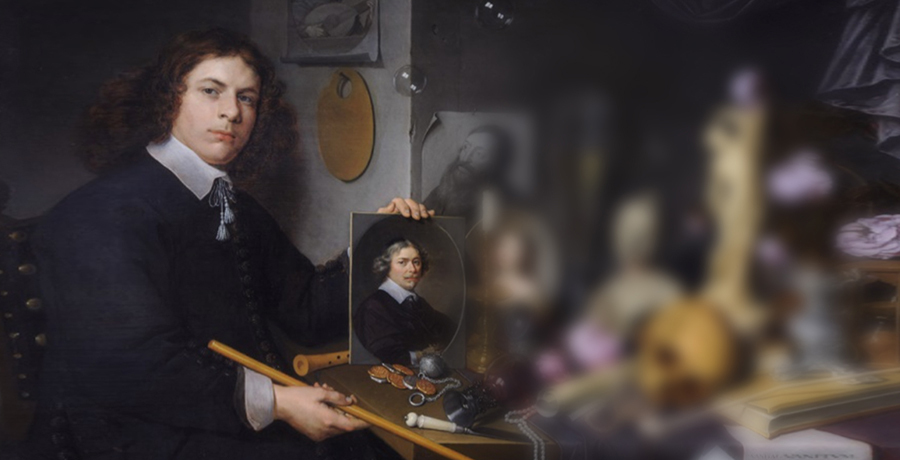
Eitan Bernath is one of the most accurate examples of Case Study brand type. He is a Tik Tok Star, YouTuber, Instagrammer, a Facebook celebrity, and overall a social media sensation.
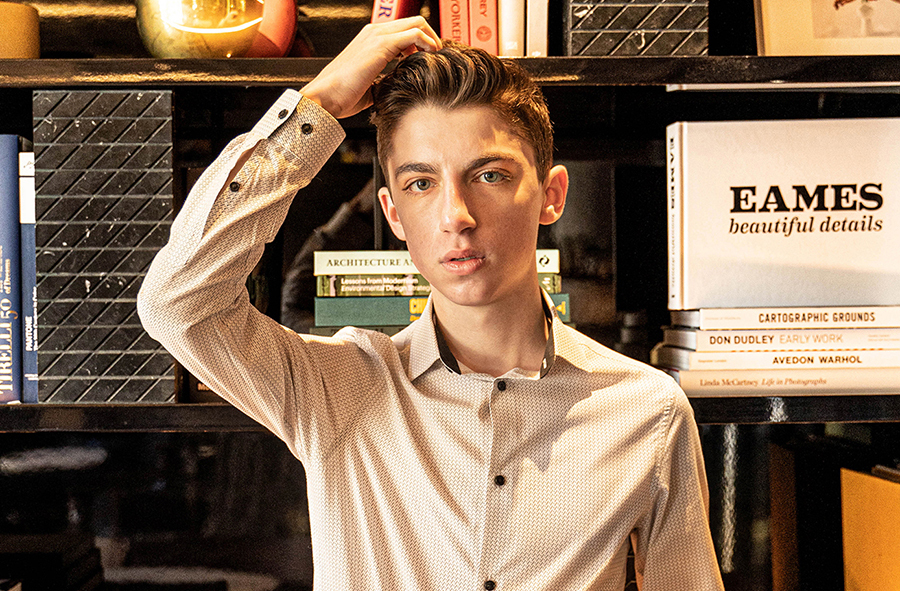
His expertise includes culinary skills and he makes most of them by trying out different recipes on camera. He then shows results and gives briefs about his take on how well the recipe or hack worked.
While there are many recipe blogs out there, Eitan’s work stands out because of how interactive, engaging, and concise his videos are. His enthusiastic personality is a cherry on top.
Another great example of this personal brand type is Brandon Farris.
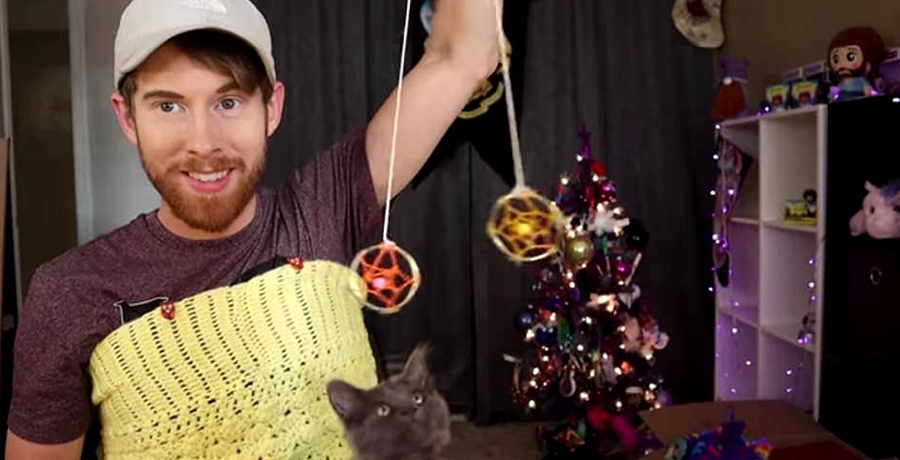
This guy is a comedian disguised as a case study persona where he tries out life hacks, crafts, DIY techniques, recipes, and almost everything in the most comical way possible.
Brandon Farris is a YouTuber who apparently loves making a mess out of his home regardless of how hard it may be to clean it up afterward.
Any parent would agree he is an absolute toddler in a big guy’s mascot messing with almost everything he comes across and practically trying out everything he sees to check what it’s like.
Case study personal branding is so broad and diverse that you can do it in every field and target any niche with it – so much so that a full-blown nerd can rule the internet with it.
Take Mark Rober for example – A former NASA employee, an engineer, inventor, and YouTuber.
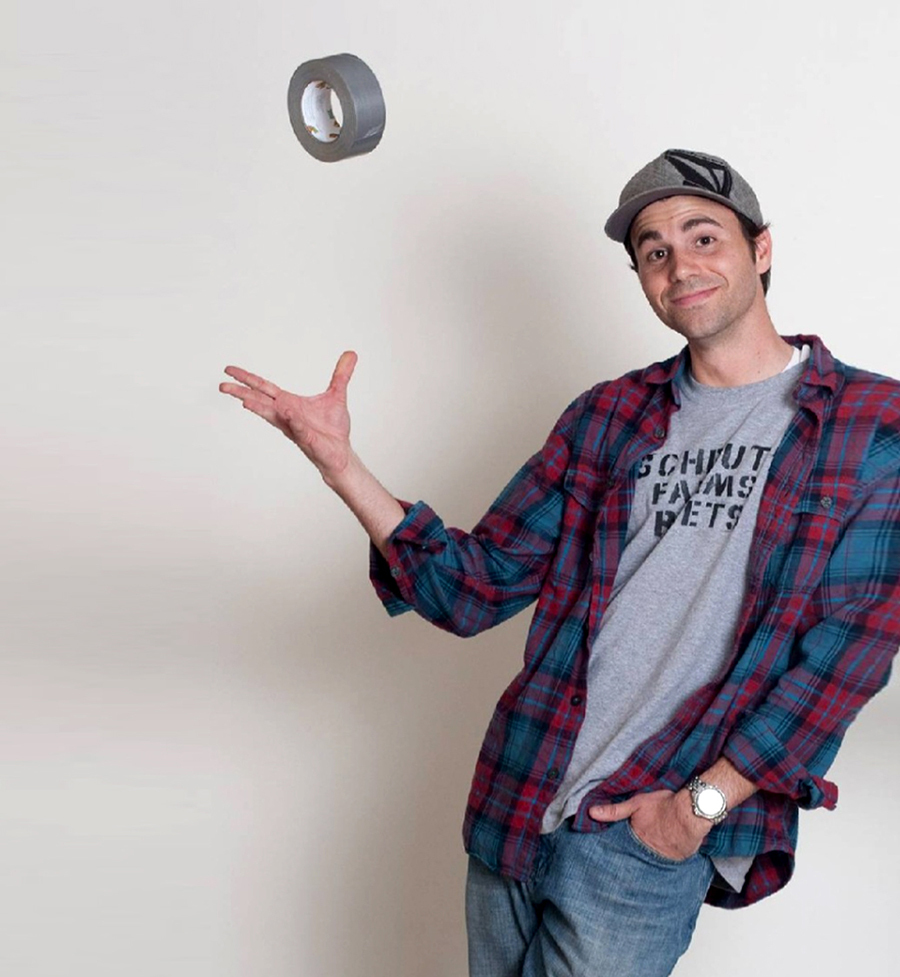
Mark Rober practically carries out science experiments for his audiences and gets the best shots of their results for viewers to witness.
From tiny simple experiments to more complex, gigantic, and expensive ones, he does it all and explains scientific theories related to them, the factors affecting the results, and relevant cool facts.
The Case Study is a type of personal branding that pulls everyone into action and leaves an energetic aura around you. It increases your credibility and attracts curious cats.
Regular Person
Being famous as a regular person means you’re documenting your daily life or experiences and sharing it with the public consistently.

This type of personal branding is rather intimate, and it invites either like-minded people who are looking for relatable content or other personas that are drawn to your personality type. In most cases, it invites both.
It can also compel people who aspire to be like you to follow you or get influenced by you. At this point, your personality doesn’t just represent you, but also your fans and followers.
Common examples of regular person brands are Vloggers, Bloggers, Instagrammers, Social Media influencers, and some photographers who like capturing ordinary moments of life.
To succeed in branding yourself as a regular person, you have to be good at storytelling, and present yourself in a way that compels people to get to know you.
The regular person, too, has to be niche specific, and you have to make a precisely targeted approach towards your audience.
Take parenting vlogs for example. They are regular people documenting their experience of parenting. Dude Dad and Laura Clery are classic examples of that.
They document their lives and create skits that revolve around their routine experiences of parenting and family life.
Industry Expert
Branding yourself as an industry expert means you have to appear knowledgeable, authentic, credible, authoritative, seasoned, and senior.

This type of personal branding works well when you’re planning to assume a role that demands extensive knowledge and experience in the industry.
Jobs or businesses related to coaching, mentoring, consultancy, teaching, training, and similar roles require this type of personal branding.
Moreover, law, property dealership, asset management, or any role that places the responsibility of a heavy, sensitive, or important subject on your shoulders demands the display of capabilities.
Being known as an expert works wonders in every industry. People accept you and your work more easily, and it brings an overwhelming amount of opportunities.
Amaury Guichon is one great example of an industry expert.
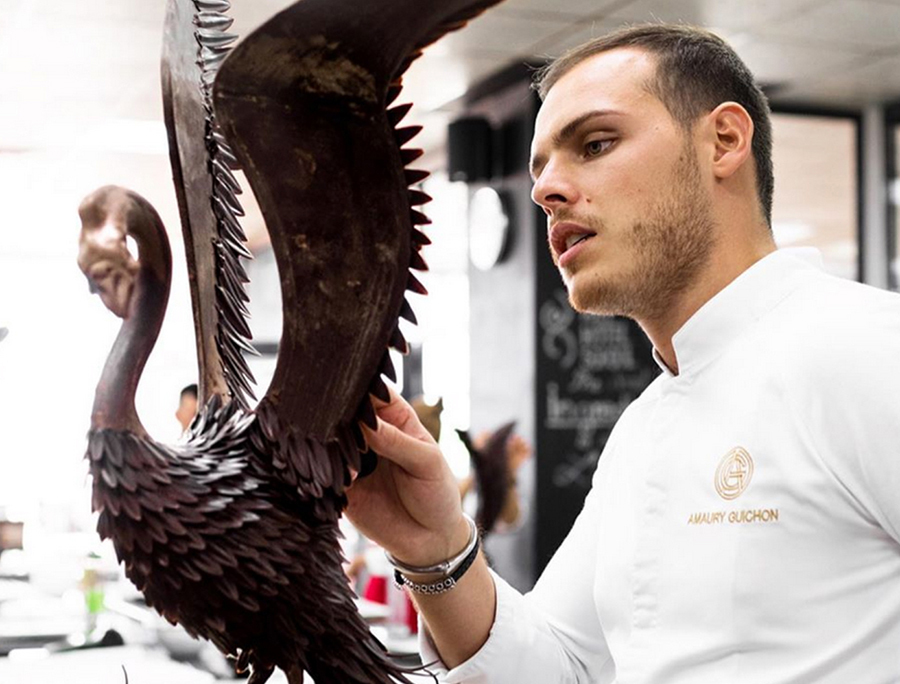
Amaury Guichon is a chef, food artist, and vlogger. He is a popular YouTuber, Instagrammer, and has a strong presence on other social media channels too.
He records himself making sculptures of chocolate and realistic objects out of food. His skill shows in the way he handles or prepares every delicacy and shines through his content.
A lot of blogs, content creators, and websites have featured his art and his face is well known among people who appreciate true food art.
His content is laser-focused on presenting his skills and outcomes of his effort. All of that sets him as an industry expert.
Another industry expert brand is a pair of YouTubers named Eddy Chen and Brett Yang. They go by the name of TwoSet Violin on YouTube and Facebook.

TwoSet Violin is a pair of violinists that appreciate classical music. They have spent years acquiring the knowledge and experience needed to not only play well but also spot the subtleties in the music.
They create content that revolves around music – mostly violin. Their videos contain a lot of different types of content including humor, critique, performances, and learning experiences.
Their conversations include technical aspects of instruments and thorough analysis of different pieces of art among other things meant to be understood by people well aware of this art form.
All of their engagement efforts and content combined makes them look qualified, shows that they have strong command over music, and tells us that they are well aware of how it works.
Needless to say, this brand image would also come in handy if they were to open a store for musical supplies, or if they planned on starting an academy to teach newbies.
Now, what does a logo have to do with all of this personal branding, and how would it help you strengthen your brand?
To understand that, you need to know what function a logo serves and how it operates in branding. Only then will you be able to connect the dots.
What Function Does A Logo Serve?
Logos are the origin of branding. A logo is a symbol that marks your identity and makes everything that belongs to you distinguishable.
Some of the famous Marvel characters are brands too, and they have their own logos. Take Spiderman and Batman for example.
The moment you look at either of their logos you know who it belongs to, and you can vividly recall their images.
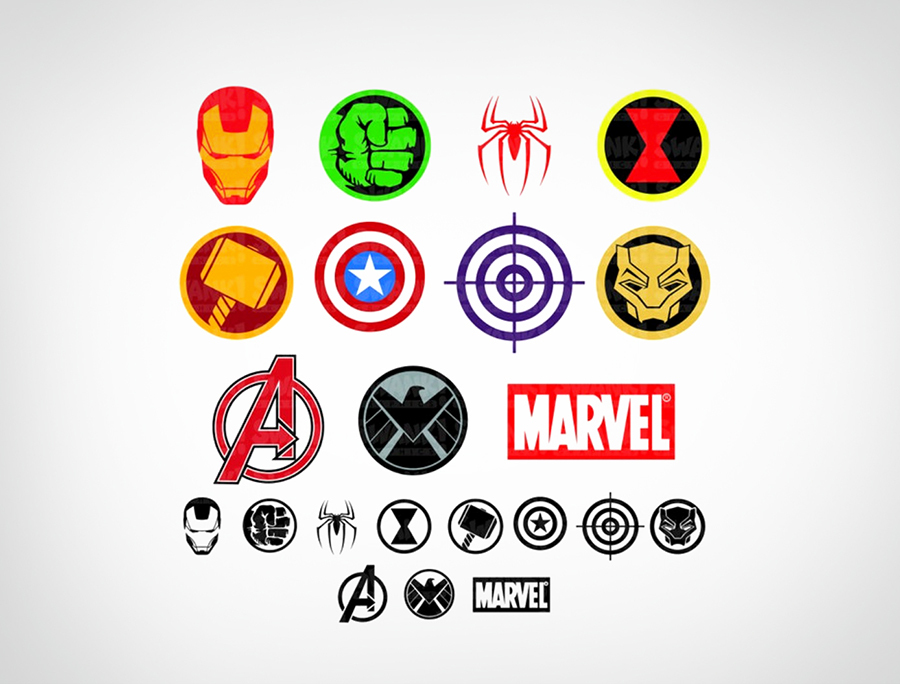
Why didn’t they use Spiderman’s face or batman’s whole figure to identify those characters? Why did they need a logo for each of them?
While there may be many personal brands doing just fine without logos, a logo gives you an edge over others by emphasizing your unique traits.
When you choose to go for a logo, you have freehand on what you display as your personal brand’s face. That means you can highlight your brand’s very own distinct characteristics.
You’re less reliant on the chance that your audience would somehow spot your unique traits through a glance at your picture or be curious enough to figure it out by going through your content.
They will have a clearer idea of who you are and what you offer before following you along your journey when you choose to display a logo.
How Does Personal Logo Work?
Your personal logo goes on everything you own publicly – your website, page, social media profiles, physical objects, office premises, merchandise, business cards, and everything you can think of.
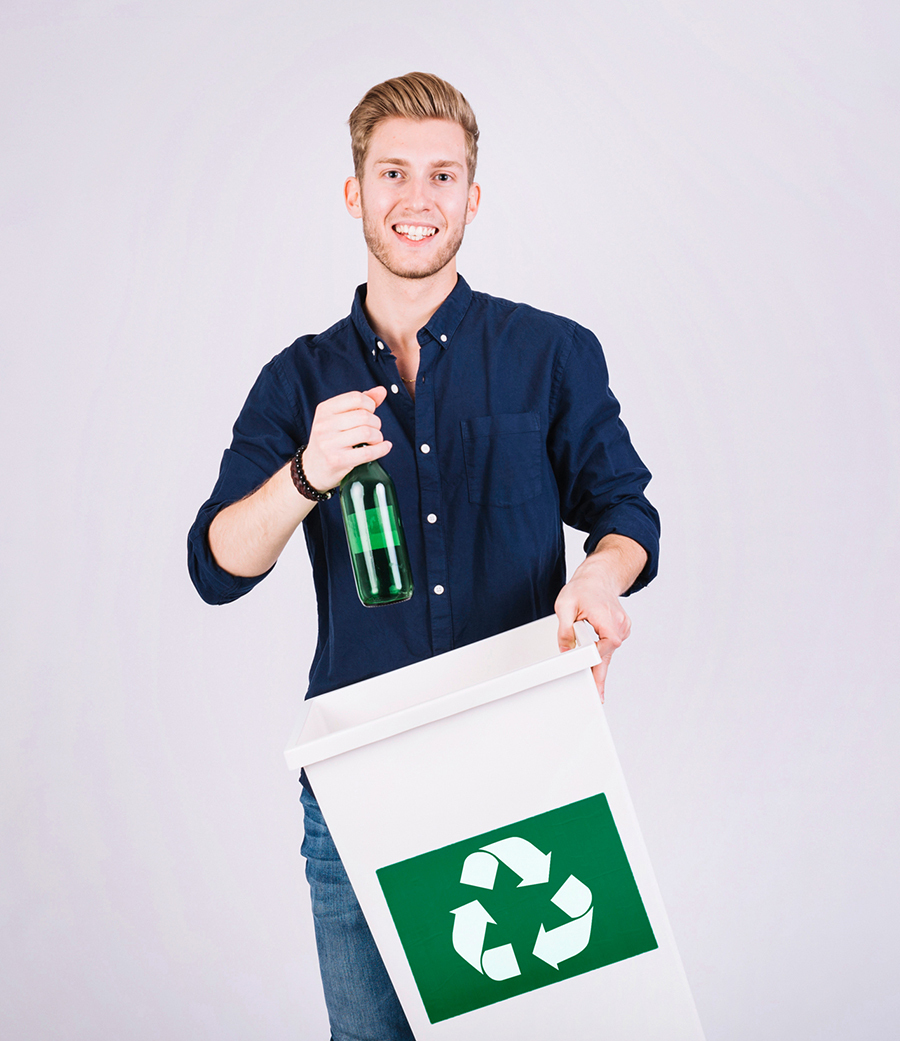
Putting your picture wouldn’t make sense on many of those things, especially when it comes to merch, giveaways, and other accessories. And it won’t be practical for many plans.
Plus you can have copyrights and patents for logos but not for your pictures. So it mitigates the risk of someone impersonating you.
Your logo is your trademark, stamp, and legal identity that cannot be copied lawfully. It works as your digital signature.
Why You Need A Logo For Personal Branding
When you make a logo for your personal brand, you’re making it official that you are a brand now. It sets you apart from normal people with big social circles in the virtual space.

A personal logo shows that you aim to achieve something with popularity and plan to use that fame for the better. Or that it is a part of a bigger plan.
It shows that you provide something of value through your personality. It highlights your unique features more than your face ever can.
In other words, it is more descriptive of you than your face can ever be. It reveals what your audience needs to know and remember about you while eliminating the extra distractions.
In most cases, a logo serves as an accessory to reinforce your ideas or mottos as well.
An important read for you: 09 Reasons Why Only Stupid Business Owners Use Ready-Made Logos?
Which Types Of Personal Logos Work Best?
Like any other business, your personal brand thrives on consistency, so your logo needs to align with everything you put out in public.
A logo that successfully depicts the side of your personality you want to show is descriptive, unique, and translates every part of your character through design.
Take Like Nastya’s logo, for example, a 6-year-old YouTuber whose family runs several YouTube channels alongside hers.
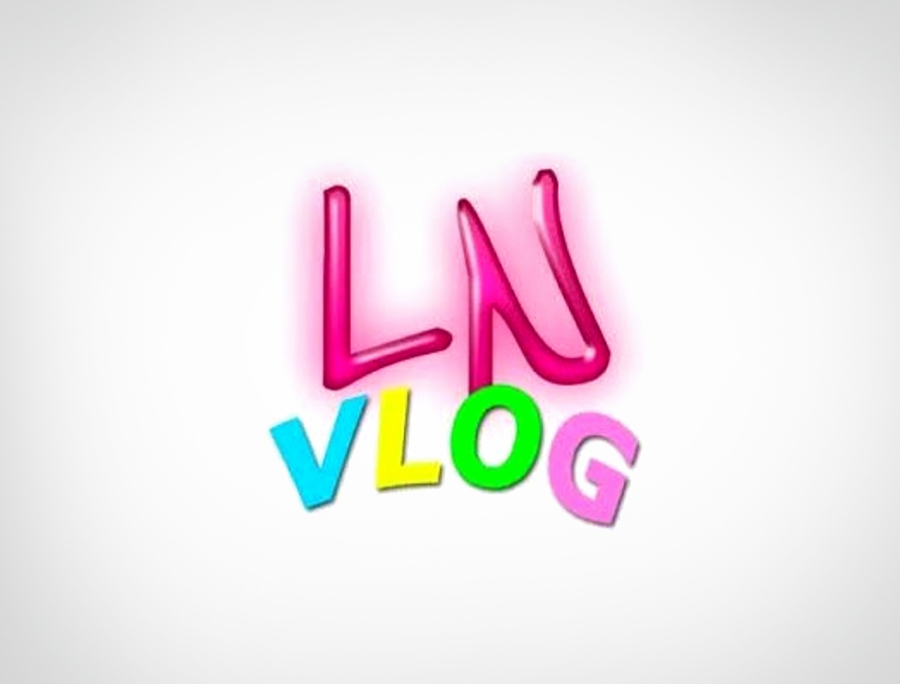
Her channel in particular is all about kids her age, and that’s what her logo reflects. Like Nastya’s logo portrays childish playfulness and creativity with the font. And it shows her taste for bright and pastel colors with its theme.
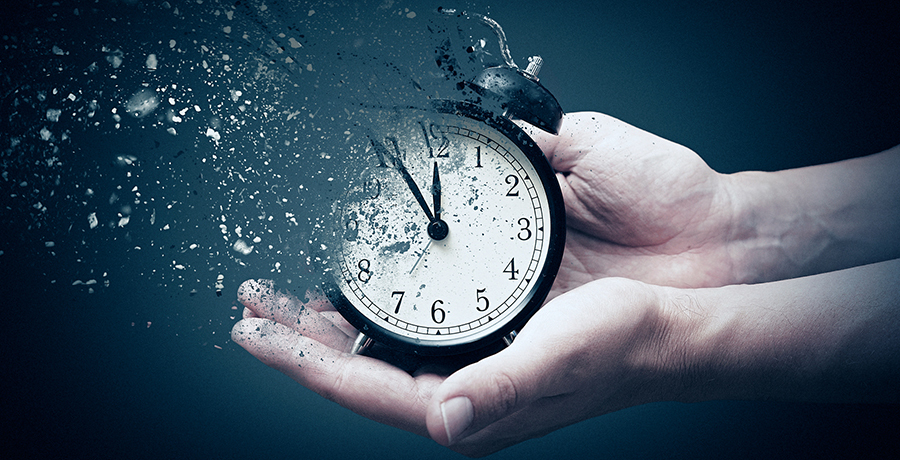
There are many ways of presenting your personality through your logo design, and there are many types of logo designs that work pretty well with personal brands.
Common Logo Design Types For Personal Brands
When it comes to personal branding, you will see a pattern in popular logo designs. Some types of logo designs will stand out because of their repetitiveness or widespread acceptance.
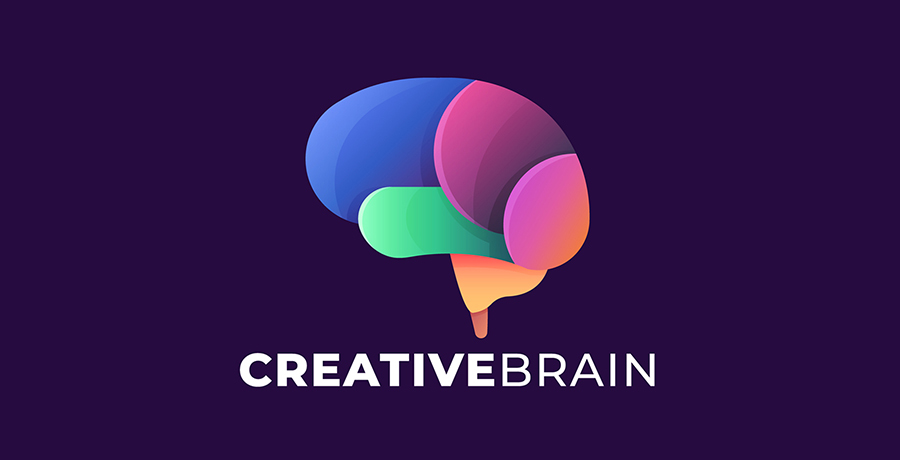
We’re here to discuss some of the most common types of logo designs used in personal branding. Most of the famous personal brand logos will fall in either of these categories.
Signature Logotypes
If you’ve been our reader for a while, you might be well aware of what a logotype is.
It is a text-based logo with either brand’s name or initials in it. It can be a monogram or just about any style.
The whole point of it is to get the brand’s name out there and have people memorize it. Sometimes you have a tagline alongside it, other times you don’t.
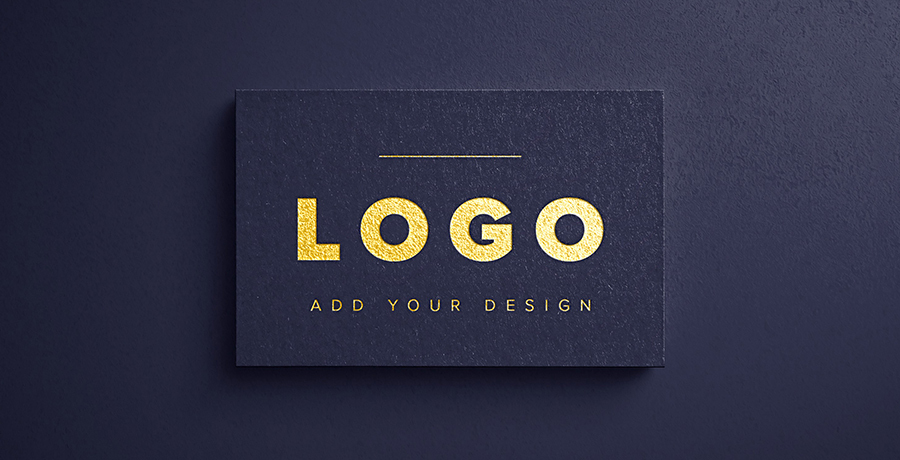
The whole logo’s outlook at this point depends on word art, placement of letters or words, font, size, and colors.
When it comes to personal branding, a logotype serves as your signature in public. Different parts of your personality can be revealed just based on your choice of font.
Then comes a whole bunch of other choices you make. A logotype can be horizontal, like Neil Patel’s logo with his initials and a bit of description of his theme.
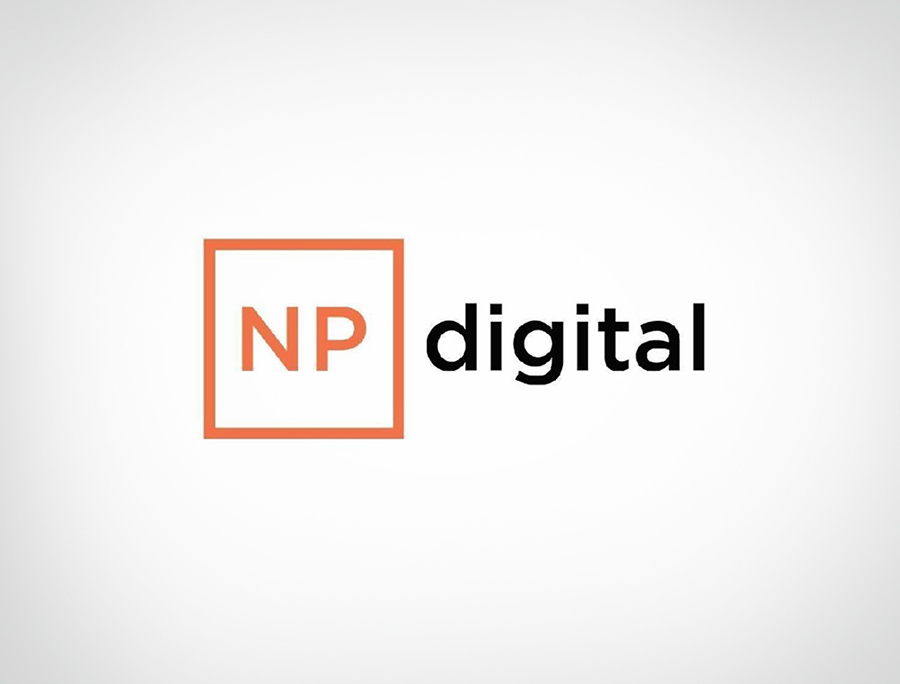
Or it can be vertical like Laura Clery’s logotype with her full name. Your choice of colors, their saturation, shading, and tinting sets the whole vibe and amplifies the effect of your font if done well.

There are lots of creative ways to make a personalized logotype that accurately depicts your personality, and sticks around in your audience’s minds.
Your goal here is to make people remember your name, so you will want to pay close attention to its readability. Your name should register in people’s minds the moment they glance at your logo.
Personal Avatars
The cool thing about avatars is that they are a simplified and catchier version of you. They can be squeezed to the size of a penny and still remain comparatively distinct and recognizable.
![]()
Your avatar can be as simple or as complex as you want. You can add or remove details while creating it to suit your purpose and practical aspects of your strategy.
There are so many examples of personal brands, famous influencers, and content creators who have their avatars as a part of their identity. Take Markiplier for example.

Markiplier is a successful YouTuber who is a great comedian, actor, and gamer commentator. If you look at his original face, his hair, skin, and eye color match his avatar.
He does have a mustache in real, but for some reason, he has chosen to exaggerate and color it in his avatar as his little quirk.
Of course, you need to have a feature in your logo and avatar that stands out and makes your logo prominently different from others.
There are many more influencers with that type of logos. Our very famous PewDiePie has an avatar too.
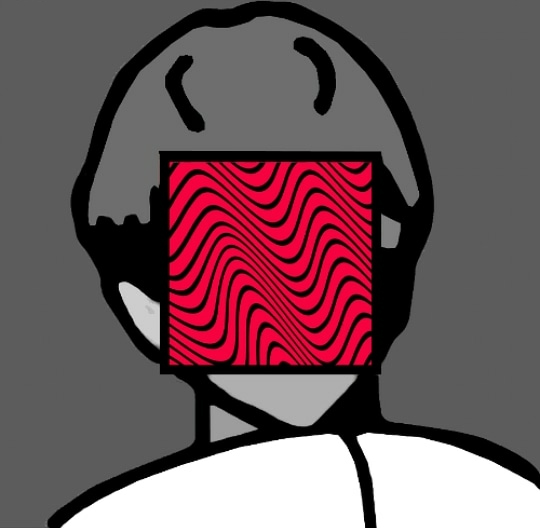
PewDiePie has over a hundred million subscribers on his YouTube Chanel. His logo has changed over the years, and the most recent one is an avatar with a box of his signature pattern on the face.
That’s quite a unique way to stand out but considering how many people already know him, we can cut him some slack for not being descriptive of himself or his work in the logo.
Symbols
What do you do when you don’t want to put a cartoon face as your logo but the text-based logotypes aren’t giving you the feel you want?
That’s where symbols come into play. You can choose an object, shape, real or mythical creature, or just about any pattern associated with the way you feel and make it a part of your identity.
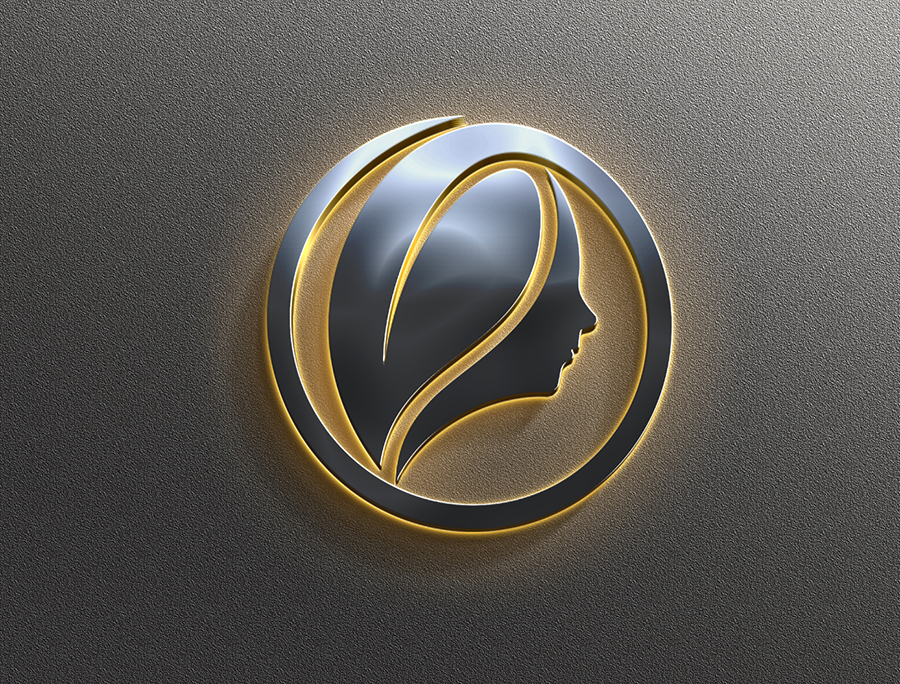
The logic at play is that your chosen object will symbolize a part of your personality, aims, values, or what you have to offer.
When people learn to associate it with you, they will see it as a symbol of you. At that point your mission is successful.
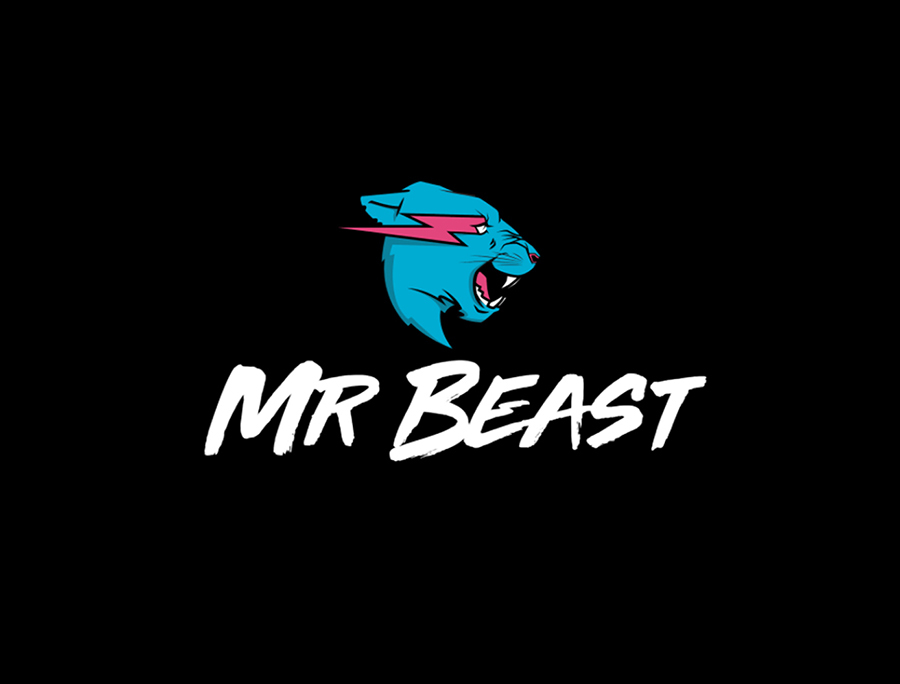
Mr. Beast is a great example of such a logo. This gamer and YouTuber has chosen an animal to display the part of his personality he shares with his audience.
The choice of colors, the flash sign on the head of the beast, and the details like teeth, frown, and wrinkles only magnify the impression he intends to leave.
Let’s not ignore how consistent it is with the theme and name of the channel.
Hybrids
Last but not the least, the hybrid logo designs are a mix of multiple logo design types. There can be a logo with both text, and avatar.
Or it can be a symbol and an avatar. It can also be a symbol with text or a mix of all.
There are many personal brands out there with hybrid logos that truly represent their complex and awesome personalities.
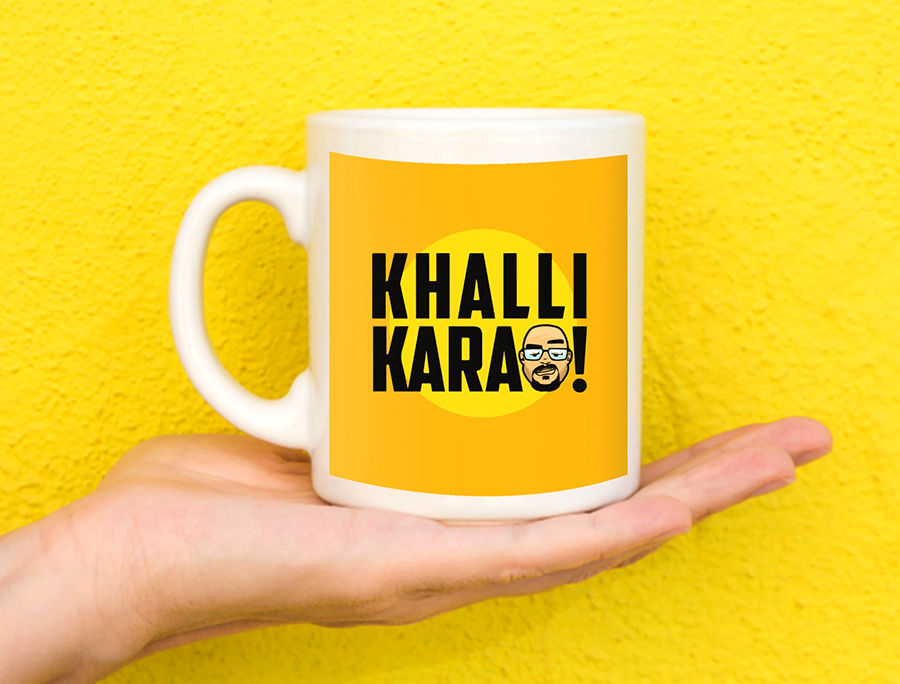
Junaid Akram’s logo is a classic example of a hybrid logo. The famous YouTuber, Podcaster, and social influencer has his avatar and tagline in his logo.
And he has managed to give it a stamp-like format or a circular shape. It takes a lot of creativity to tie all of those elements together and align them with a theme nicely.
Do You Need A Personal Logo?
With all the functions and types of logos outlined, is it a good idea to get one for your personal brand?
In my opinion, absolutely! For one, you can have rights over it, which means it is comparatively harder to impersonate you or hijack your brand.
Secondly, it makes you look professional and committed to your cause. Third, you have a freehand in what the face of your personal brand looks like when you choose a logo.
That isn’t the case with your very own real face now is it? You can emphasize the important features of your personality and hide or erase the details that don’t concern your viewers.
You look creative and leave a lasting impression when your logo is designed well. You stay in people’s minds longer and their brains register you quicker.
You get to reinforce your theme, motto, or style with additional space and platform the logo provides.
With that many pros, it is only wise to at least try it out and experiment with logos when dealing with your or anyone’s personal brand.
Another important read for you: Logo Design Cost in 2021
In Conclusion
Personal branding is far more common than we may know. It is present in all industries even though the ones we interact with more often are usually virtual and related to marketing in many ways.
There are many types of personal brands. The most common ones are content creators, curators, journalists, critics, case studies, regular people, and industry experts.
A logo acts as the face of your brand, and when it comes to personal branding, it magnifies your personality and amplifies your quirks.
There are many types of logo designs that work well with personal brands. The most popular ones are Logotypes, Avatars, Symbols, and Hybrids.
They create room for creativity and give you a canvas to draw out and display your unique personality.
If you have a personal brand to promote, I highly suggest you get a professional logo design and bring out a piece of your personality that people find irresistible.
You might want to get a professional or an industry expert involved. Reach out to our leading designers at FullStop and get your customized logo design.
We offer a variety of styles, and our flexibility caters to the exact needs of your personal brand. Our teams are well versed with the latest and timeless trends to help you make an informed decision.
Keep up the good work and reach out to avail of our services.
Get a Free Quote
+1 845 3770255
Call on anytime
To discuss your project
